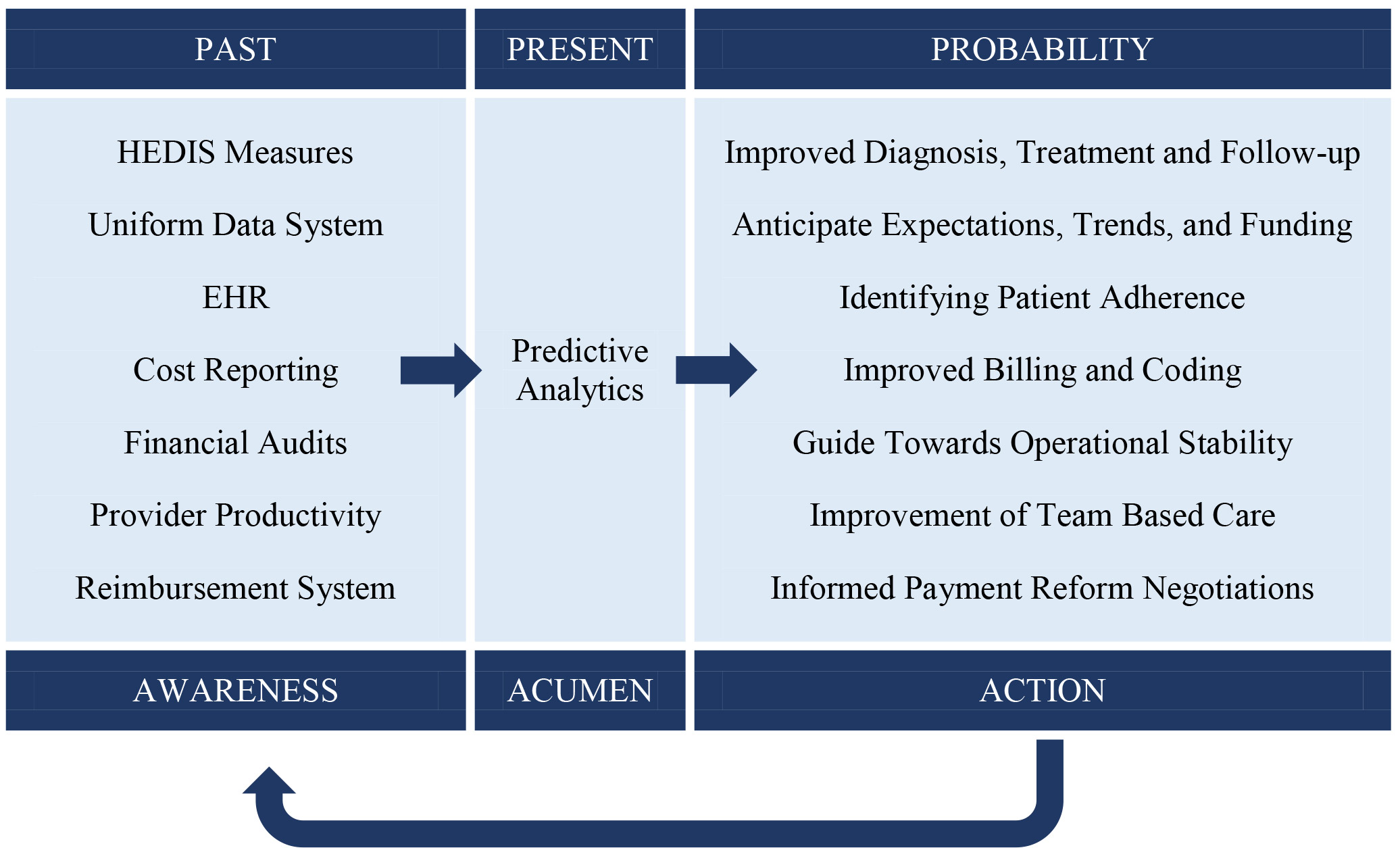New and Noteworthy
Health Centers Selected for Healthy Futures Fund Readiness Program
We’re delighted to announce that ten innovative health centers have been selected to participate in the Healthy Futures Fund Readiness Program, a technical assistance program offered through Capital Link to prepare health centers for Healthy Futures Fund (HFF) financing. The HFF is a $200 million collaboration between the Local Initiatives Support Corporation (LISC), Morgan Stanley and The Kresge Foundation designed to promote healthy communities—with capital financing resources specifically designated for Federally Qualified Health Centers (FQHCs) that are addressing the social determinants of health through a co-location model.
Participating health centers include:
-
Alivio Medical Center with The Resurrection Project, Chicago, IL
-
Blackstone Valley Community Health Care, Central Falls, RI
-
El Centro del Barrio (dba CentroMed), San Antonio, TX
-
Esperanza Health Centers, Chicago, IL
-
First Choice Community Healthcare, Albuquerque, NM
-
Hill Country Community Clinic, Redding, CA
-
Legacy Community Health with Avenue Community Development Corp., Houston, TX
-
NOELA Health Center with Mary Queen of Vietnam, New Orleans, LA
-
New Economics for Women (possible collaboration with Arroyo Vista Family Health Center), Los Angeles, CA
-
Primary Health Network with Midland Development Corp., Midland, PA
The selected health centers have planned projects that combine access to health care with a variety of services designed to address broader community concerns, including affordable and/or supportive housing; physical fitness and wellness centers; community gardens, urban farms and healthy foods; early childhood education and charter schools; and financial, technology and employment training.
The HFF Readiness Program has two primary components:
1. Group Learning: Webinars will provide education on New Markets Tax Credit (NMTC) financing, particularly through HFF, and what it takes to be ready to successfully obtain financing. Participants will also benefit from the experiences of other health centers that have taken on projects to address the social determinants of health — and have obtained NMTC financing to advance these projects.
2. Individualized Advisory Services: Capital Link consultants will help participants understand whether or not the HFF NMTC financing structure would be advantageous for their needs, and if so, develop a specific work plan to achieve readiness for financing. This assistance includes identifying areas of needed operational or financial improvement to be addressed through the planning grant phase.
Those that successfully complete the HFF Readiness Program will be eligible to apply to LISC for grant funding to advance their capital project planning and can be considered for financing through HFF. Congratulations to all participants!
How Health Centers Can Use Predictive Analytics
Using data and technology, organizations can now move beyond simply tracking the past to anticipate the future through the use of predictive analytics, technology that learns from experience [data] to predict the future behavior of individuals in order to drive better decisions. Predictive analytics is now becoming more applicable to health care, and will eventually become essential for health centers to improve patient care, reduce costs, and negotiate favorable contracts with payers.
Health Centers can utilize predictive analytics in a multitude of ways, furthering its consideration and implementation of patient engagement, patient compliance, chronic disease management, regulatory compliance, avoidable deaths, hospital readmissions, public health, waste and abuse, and health outcomes. And this is only the beginning. Clearly predictive analytics is in its infancy within health care, and the exponential pace of technological advancements will identify additional uses and benefits we have yet to consider.

Capital Link and NACHC are putting the finishing touches on a new resource on predictive analytics that is not intended to provide instruction on coding or building predictive models, but will:
-
Define predictive analytics
-
Provide an overview of its history and development
-
Address the data and resources needed to predict a patient’s future behavior
-
Identify how a health center can begin utilizing it
-
Include specific examples of how it has been successfully used
-
Clarify health centers’ understanding and expectations of predictive analytics
Just 5 Brief Questions to Help Us Update Our National Capital Needs Assessment
Capital Link is updating our national capital needs assessment, with support from HRSA, to help document the need for health center capital funding and identify areas where technical assistance, training, or other resources may be needed.
The participation of all US health centers is critical! Even if you don’t have plans for a facility expansion project in the near future—or if your project plans are still preliminary—your participation is still important.
(It should take no more than a few minutes to complete.)
Access the results from our last national capital needs assessment, Capital Plans and Needs of Health Centers: A National Perspective, here on our website.
Thank you for your assistance in this important effort.
![]()


